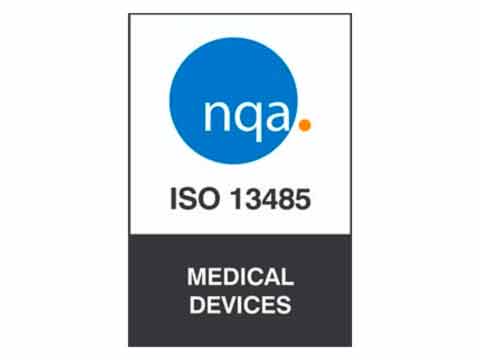In this article we touch on recent, innovative research in the worlds of AI technology and Diabetes!
Diabetes is a data driven condition. Self-monitoring and taking better care of yourself along with the assistance of your medical care team and a physician prescribing the right medications leads to better outcomes. As technology increases in sophistication, more and more data become available to treat diabetes. A1C is the key measure of how a patient with diabetes is doing. A1c is a three-month average. It hides the highs and lows, the variability. There is an increasing movement towards time in range as a better measure. More data.
The number of treatment options for people with diabetes is also increasing. New diabetes medications are being approved more frequently and overcoming clinical inertia moving patients to better regimens is important in controlling diabetes.
How to deal with an ever-increasing amount of data and the need to interpret it
As approaches to managing diabetes and other chronic conditions evolve, artificial intelligence is increasingly being used for uncovering diagnostics and treatment options.
Artificial intelligence (AI) has demonstrated significant capabilities and future potential dealing with large volumes of data. Earlier this year 1, researchers with University of Utah Health, Regenstrief Institute and Hitachi developed an AI system to analyze electronic health record data to discover new treatment patterns for patients with Type 2 diabetes. Combining data from multiple institutions, the AI was able to ingest the data after it was cleansed and normalized to account for documentation differences between institutions.
Grouping patients by individual states of the disease allowed the AI to create a predictive index of a range of potential outcomes as they related to different treatments. Researchers were then able to assess these predictions for positive outcomes based on differing medication regimens. The algorithm was shown to support medication selection for more than 83% of patients – even with multiple medication prescriptions. Work continues in evaluating the model, but early outcomes are promising.
Avoiding Biases
AI experts believe that although these technologies are beneficial, unintended biases caused by a limited training dataset can undermine them. They warn that biases can influence patient care decisions in an ineffective, or even harmful way. If the dataset evaluated is specific to a particular demographic, how does it perform when presented with a case outside the training set? Industry and AI researchers must insure robust, diverse representative datasets to avoid biases.
1 Journal of Biomedical Informatics
In Conclusion
There is still work to be done in AI and Healthcare – but the researchers and software developers involved are making great strides to address all issues and concerns.
We are proud to stand among so many incredible developers working within the health care industry, helping to develop the best resources to assist in people living with Diabetes and making their lives better!
________________________________________________________________________________________
How can Estenda help you and your company fulfill your digital healthcare mission?












